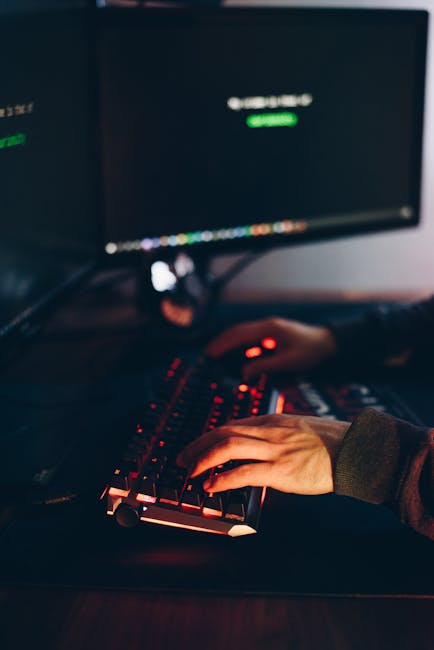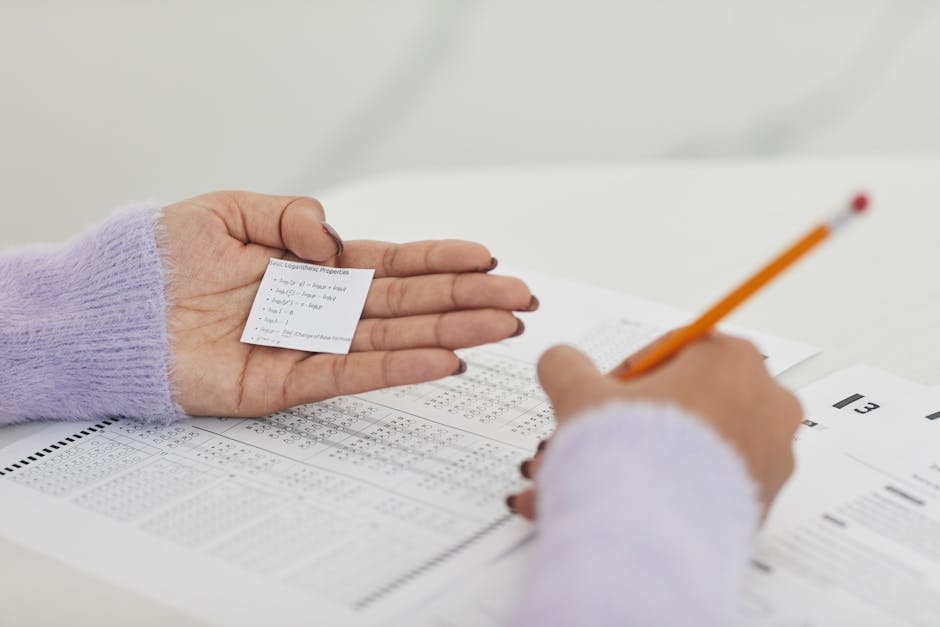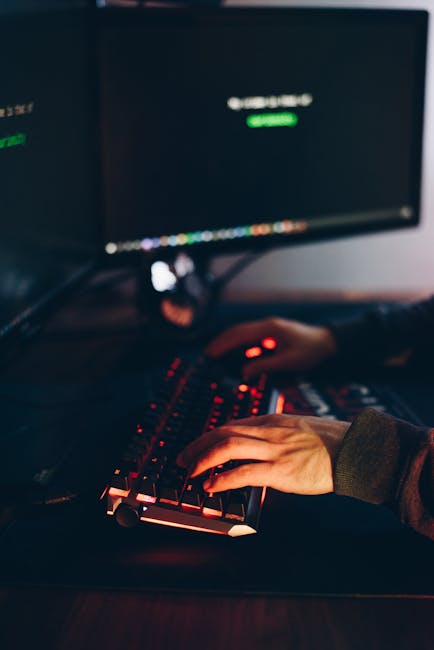Will Cheating Be Illegal in 2026? Exploring the Evolving Landscape of Academic and Professional Dishonesty
The question, “Will cheating be illegal in 2026?” doesn’t have a simple yes or no answer. While outright criminalization of cheating in most contexts is unlikely by 2026, the legal and social ramifications of dishonesty are rapidly evolving. This article explores the current legal landscape surrounding cheating, the technological advancements influencing detection, and the potential future scenarios for addressing academic and professional dishonesty.

The Current Legal Landscape of Cheating
Currently, the legality of cheating varies significantly depending on the context. In academic settings, cheating is primarily dealt with through institutional policies, resulting in penalties ranging from failing grades to expulsion. These policies are not typically considered criminal offenses. Similarly, in professional contexts, cheating – such as plagiarism in publications or falsifying data – may lead to disciplinary actions, loss of employment, and reputational damage, but not necessarily criminal prosecution.
However, certain forms of cheating already fall under existing laws. For example, academic dishonesty involving fraud (e.g., forging documents for admission) or theft (e.g., stealing exam papers) is a criminal offense. Similarly, professional cheating involving financial fraud, such as insider trading or embezzlement, carries severe legal repercussions.
Academic Dishonesty: The Current System
Universities and colleges have established extensive honor codes and disciplinary procedures to address cheating. These usually involve investigations, hearings, and sanctions tailored to the severity of the offense. While these procedures lack the formal structure of a criminal court, they carry significant weight for students.

- Plagiarism: Submitting someone else’s work as your own is a common offense, often detected through plagiarism detection software.
- Contract Cheating: Paying someone else to complete assignments or take exams is another prevalent form of academic dishonesty.
- Collusion: Working with others on assignments where individual work is required.
- Fabrication: Inventing data or information for research or assignments.
Professional Dishonesty: A Spectrum of Consequences
In professional settings, cheating can lead to severe consequences, depending on the industry and the nature of the offense. The repercussions often extend beyond disciplinary action, including reputational damage, loss of professional licenses, and even civil lawsuits.
- Plagiarism in Publications: A serious offense that can damage an individual’s career and reputation within their field.
- Data Falsification: Manipulating or inventing research data can lead to retractions of publications, loss of funding, and legal action.
- Intellectual Property Theft: Stealing trade secrets or copyrighted material can result in significant legal penalties.
- Fraudulent Claims: Making false claims about credentials or qualifications can have severe consequences.
Technological Advancements and the Future of Cheating Detection
Technological advancements play a pivotal role in shaping the future of cheating detection. Sophisticated software, including AI-powered plagiarism detectors and proctoring systems, are becoming increasingly prevalent. This improved technology raises questions about the privacy implications while simultaneously making cheating more difficult and potentially leading to more stringent enforcement of existing policies.

AI and Cheating Detection
Artificial intelligence is transforming the landscape of cheating detection. AI-powered tools can analyze written work for plagiarism, identify patterns suggestive of collusion, and even detect unusual exam-taking behavior through online proctoring systems. While this technology offers significant advantages in deterring cheating, it also raises ethical concerns about privacy and potential biases in algorithms.
Blockchain Technology and Verification
Blockchain technology offers the potential to create tamper-proof records of academic work and professional credentials. This could enhance the integrity of verification processes and make it more difficult to forge or fabricate credentials. This technology is still in its early stages of adoption in this context, but it holds significant promise.
Will Laws Change by 2026? A Speculative Outlook
While a complete overhaul of legal frameworks surrounding cheating is unlikely by 2026, several trends suggest a gradual tightening of regulations and a shift towards stricter enforcement of existing rules. The increasing sophistication of cheating methods coupled with the advancements in detection technology will likely necessitate a more proactive approach to addressing academic and professional dishonesty.
Increased Focus on Prevention
Institutions may shift their focus from primarily reacting to cheating incidents to proactively preventing them through educational initiatives, improved policies, and enhanced technological safeguards. This approach aims to foster a culture of academic and professional integrity.
Enhanced Penalties
While criminalization of cheating in its broadest sense remains improbable, institutions may impose more severe penalties for academic dishonesty, and professional bodies may strengthen disciplinary actions, including possible decertification.
Greater Transparency and Accountability
An increased emphasis on transparency and accountability across all sectors may lead to stricter enforcement of existing rules and regulations concerning intellectual property, data integrity, and ethical conduct.
Conclusion: The Future of Integrity
While it’s highly unlikely that cheating will become explicitly illegal across the board by 2026, the landscape surrounding dishonesty is shifting. The convergence of technological advancements, evolving social norms, and increasing demands for accountability points towards a future where both academic and professional institutions will take a more proactive and stringent approach to addressing cheating. The focus will likely shift toward preventative measures, improved detection technologies, and tougher penalties to maintain integrity in various fields.
The question isn’t so much whether cheating will be illegal, but rather how effectively we will collectively address and deter dishonest behavior in an increasingly interconnected and technologically advanced world.

